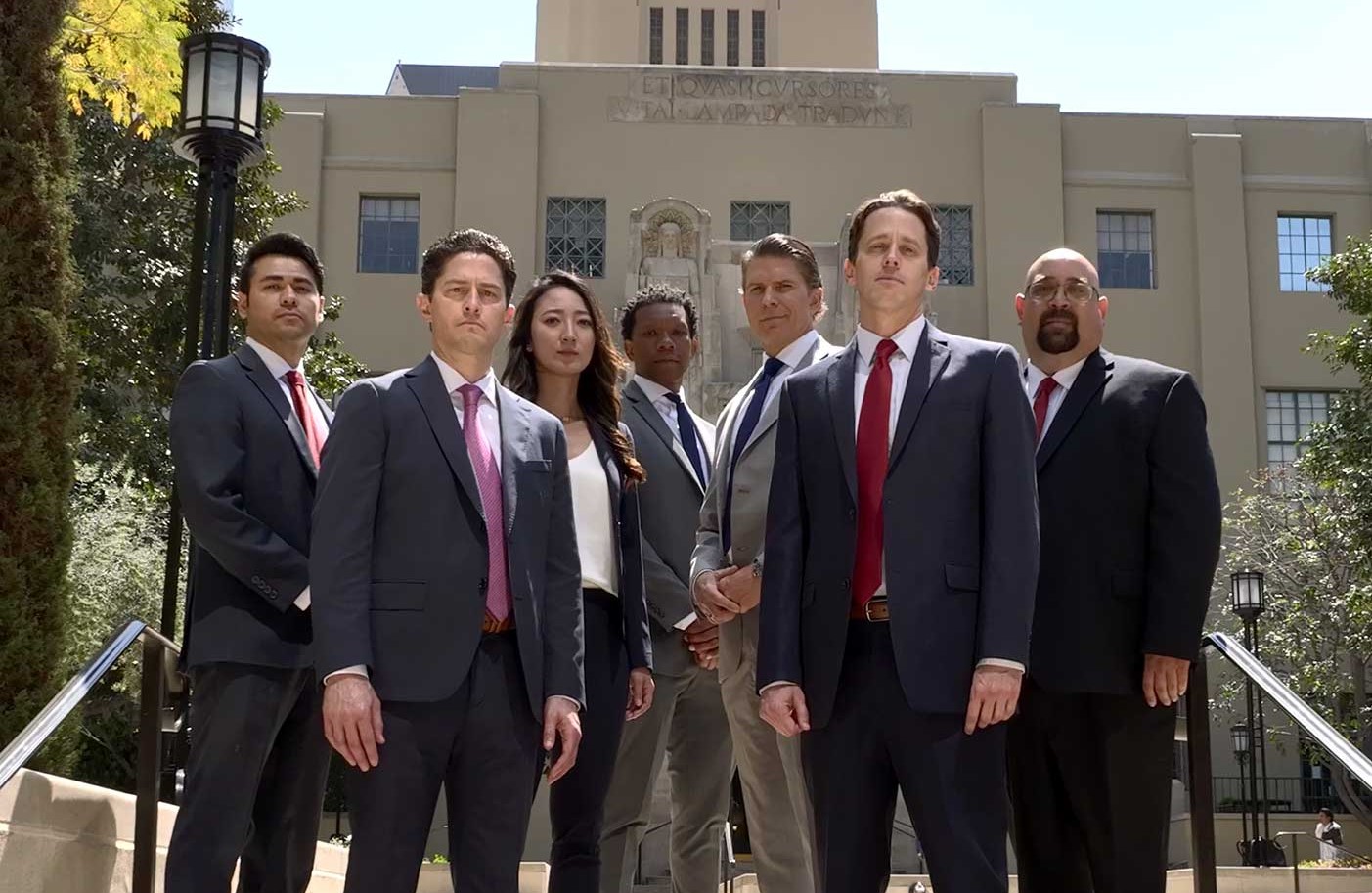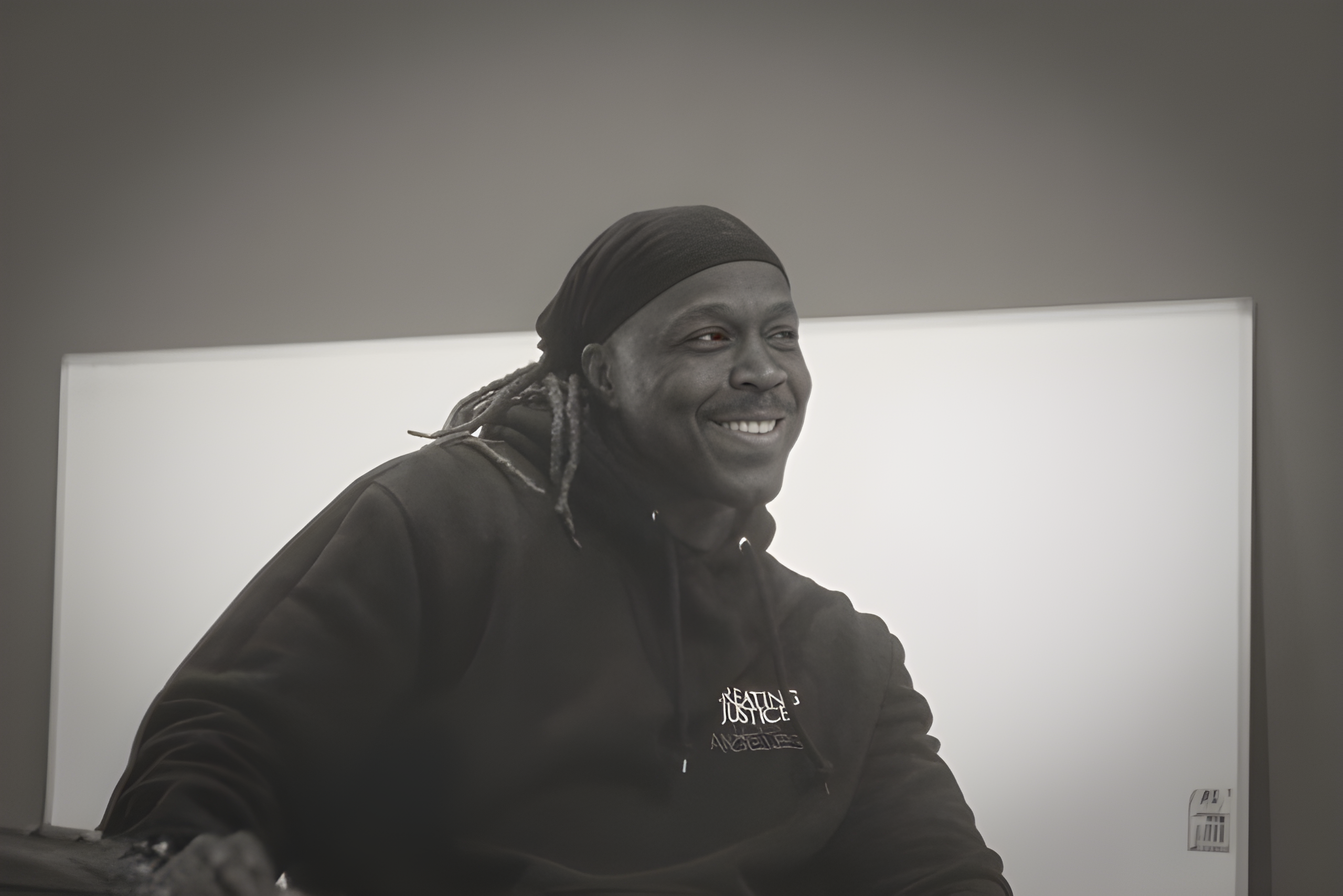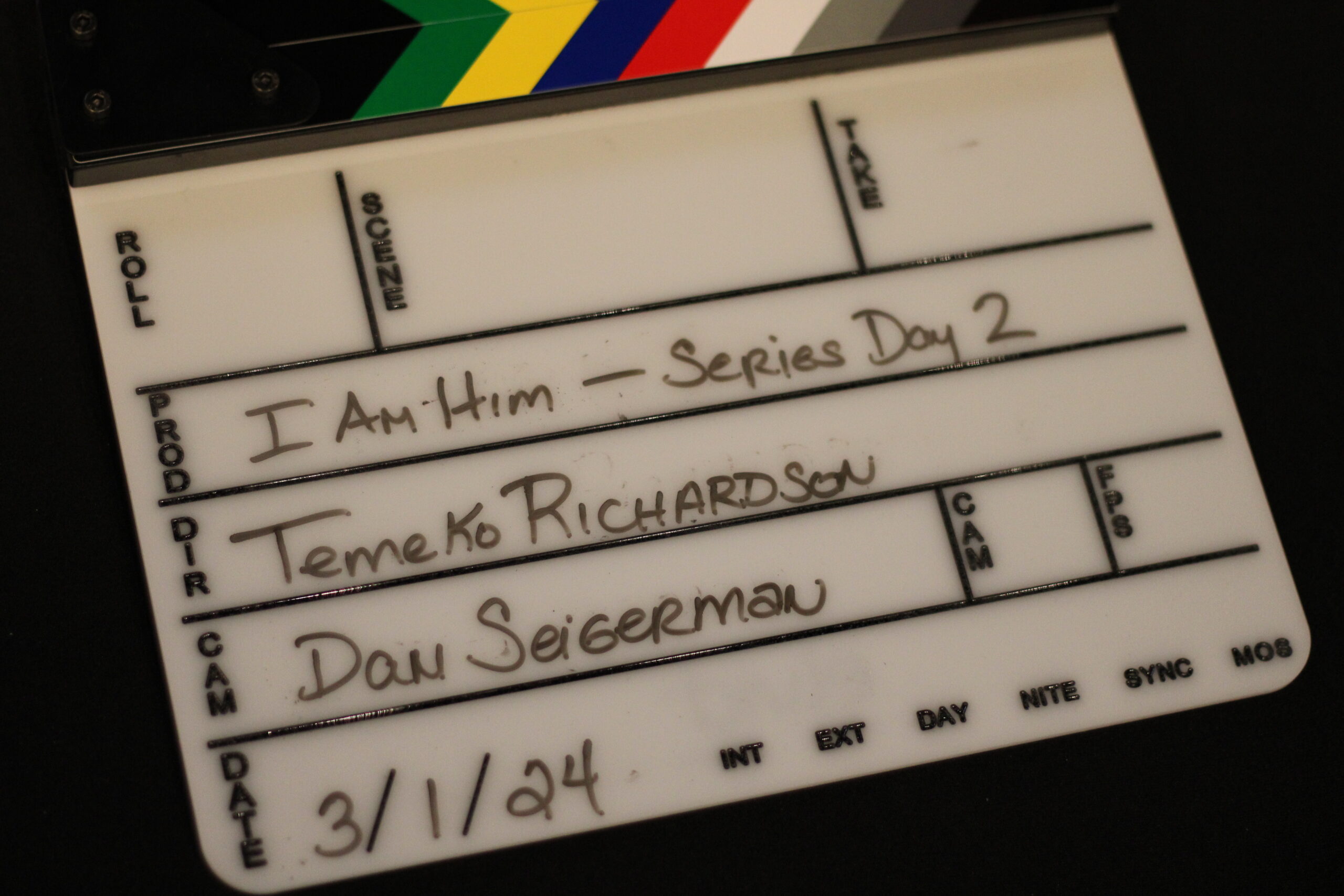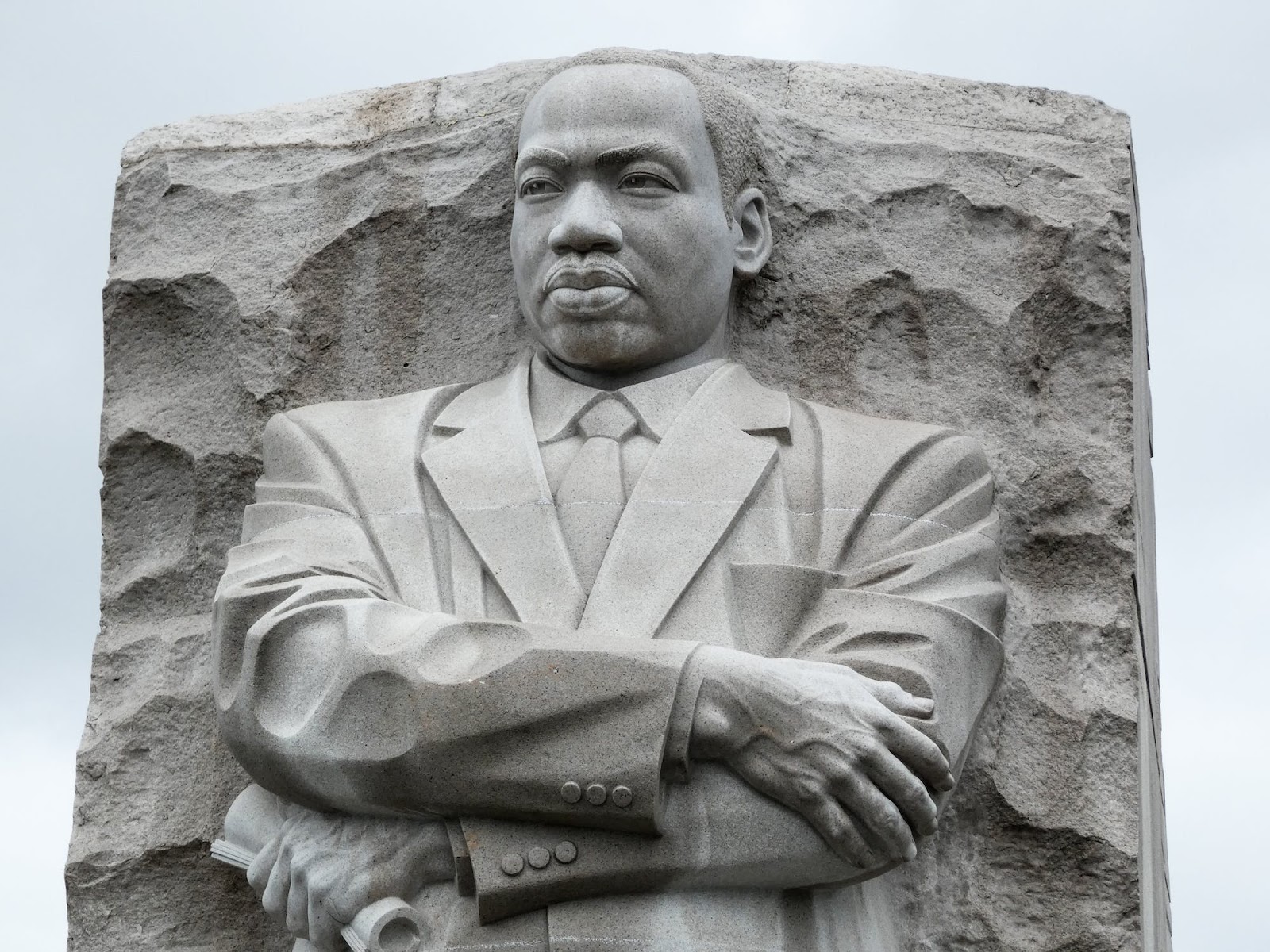Divorce, with its complex web of emotions and legalities, is rarely a straightforward process. While learning about the intricacies of divorce isn’t something we hope to be doing in the future, being prepared and informed in advance can make a significant difference.
According to Holly J. Moore, a highly respected family law attorney and the founder of Moore Family Law Group, this is not just a matter of gearing up for a battle but about equipping oneself with the necessary knowledge to negotiate effectively and protect one’s rights and interests.
“Divorce is emotionally and physically draining, there’s no questioning that. But what’s important to know is that this is much more than a legal process. It’s a negotiation,” Moore says. “And to negotiate productively, you need to understand all the rules, all the possible outcomes, and priorities.”
With over 15 years of experience in the field, Moore certainly has seen it all. From seemingly never-ending and emotionally charged custody battles to convoluted asset division disputes, she has skillfully navigated through an array of challenging cases, always advocating for her client’s best interests with tenacity and empathy.

Reflecting on the complexities of divorce proceedings, Moore has repeatedly highlighted the critical role that empathy plays in this process. However, this is no ordinary empathy. It’s constructive and honest, but most of all—it’s tactical.
Tactical Empathy: A Key to Constructive Negotiations
A strategic discussion is intended to resolve an issue in a way that both parties find acceptable – this is the most basic definition of negotiation that all of us are familiar with. Yet, according to Moore, contrary to the belief that negotiations are confined to boardrooms, corporate meetings, courts of law, or other institutions or organizations, they’re actually a part of our everyday lives.
“We do it all day, every day. We negotiate with our spouses, our children, the babysitters, even at a car dealership,” Moore points out. “Certainly, this term gains a more profound dimension in the context of divorce, but you can’t deny the fact that we engage in it daily.”
This is why Moore spotlights the significance of tactical empathy. “Becoming entangled in your own perspectives and needs is common in divorce proceedings, and it often leads to communication breakdowns and escalating conflicts,” she explains. “In a way, it’s natural to focus on what we want or need. However, it’s more fruitful and less frustrating to take a minute to consider what the other person wants.”
This is what tactical empathy is all about – it serves as a connector, enabling all parties to step into each other’s shoes and see the situation from a different viewpoint.
In this context, beyond just hearing what the other party has to say, one should be listening to it actively, grasping the underlying concerns and emotions. Moore explains this helps address issues more effectively and find common ground as much as possible.
“Open-ended questioning is a good tactic here. You should encourage the other party to express their thoughts, feelings, and demands in detail. Take time to truly grasp and understand what they’re saying and why,” Moore elaborates.
By understanding the reasons behind the other party’s requests and wishes, creative and satisfying solutions can be found more easily.
Most importantly, regarding the biggest advantage of tactical empathy, Moore reveals, “Once you genuinely comprehend what the other party wants and you give it to them, you are much more likely to get what you want.”
A Collaborative Approach to Conflict Resolution
In the heat of divorce negotiations, one thing is clear: it’s easy to get caught in a binary “my way or your way” mindset. To avoid the deadlocks this can lead to, Moore emphasizes another valuable strategy: option generation.
Generally speaking, option generation is a collaborative problem-solving tactic that encourages brainstorming for multiple solutions before settling on one. It shifts the focus from winning or losing to finding a resolution that respects everyone’s interests.
“There’s no zero-sum game in divorce. This is why I encourage people to consider multiple options and possible solutions and then decide which one is best,” Moore shares.
The beauty of this tactic lies in its potential to uncover solutions that may not be immediately apparent. It invites individuals to step out of their entrenched positions and explore a wider array of possibilities.
The Foundation of Effective Negotiation
In divorce negotiations, effective communication is paramount. While transparency and honesty are essential, it’s equally crucial to approach your non-negotiables and boundaries with discretion.
However, it’s important to note that setting boundaries doesn’t imply revealing your non-negotiables. Instead, it establishes a platform where all parties can confidentially address their needs and concerns without fearing crossing lines.
Navigating divorce negotiations can be similar to walking a tightrope. It demands empathy and assertiveness, teamwork, and self-advocacy. By employing these strategies, as recommended by Moore, you can navigate this emotionally charged journey with confidence and dignity.
As Moore puts it, it’s not just about getting to an agreement; it’s about how you get there.
Written in partnership with Kevin Hernandez.























































































































































































































































































































































